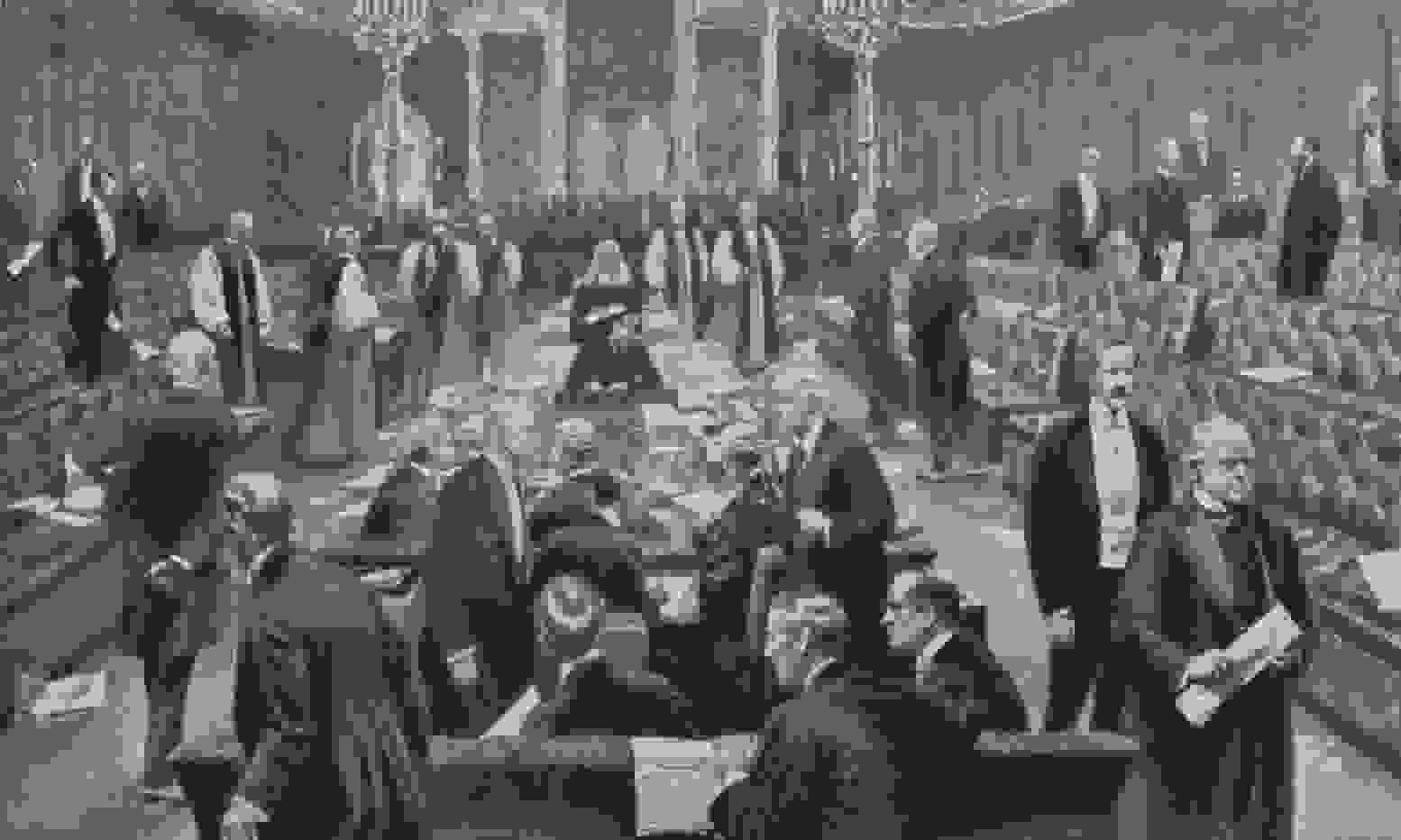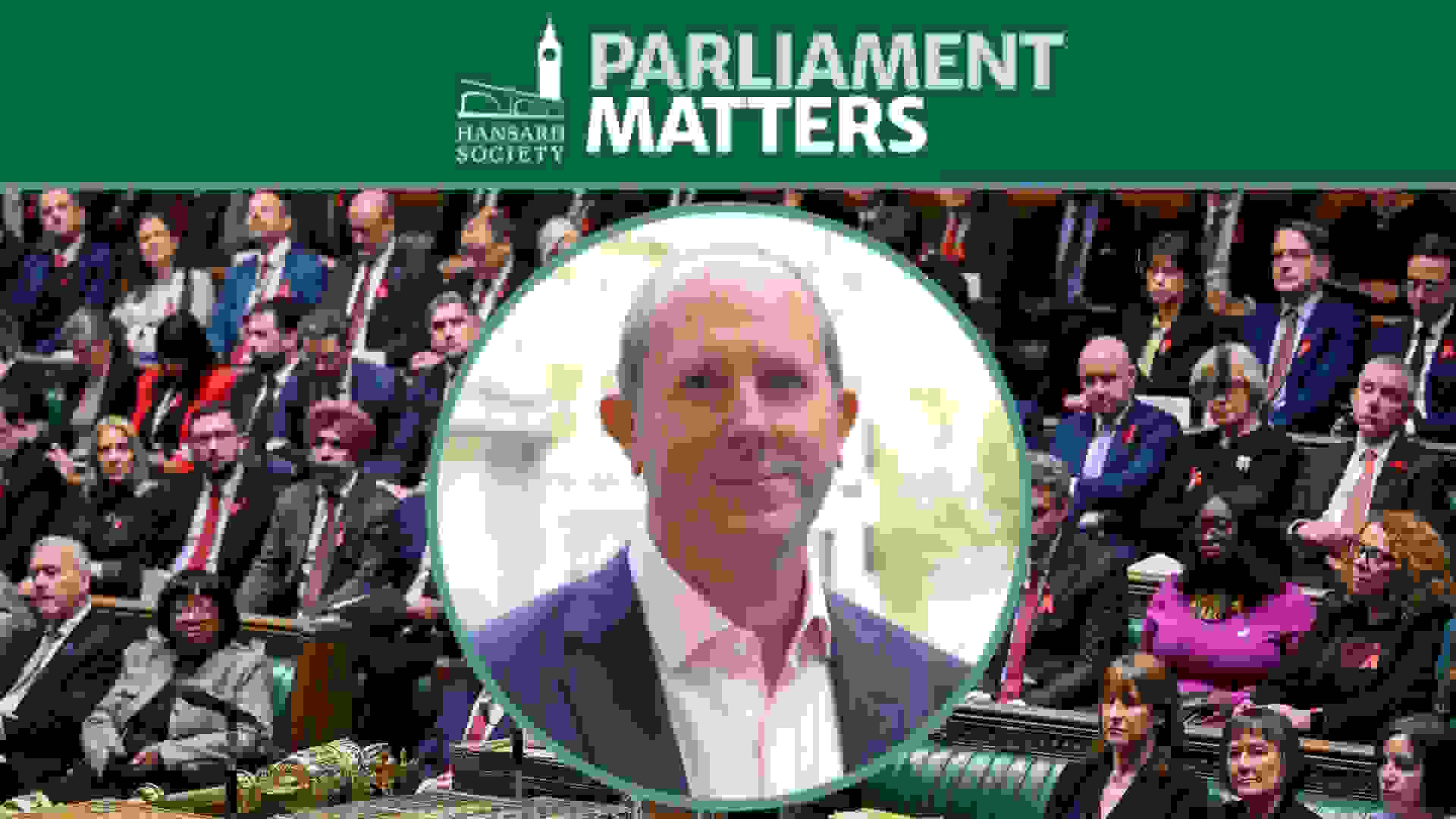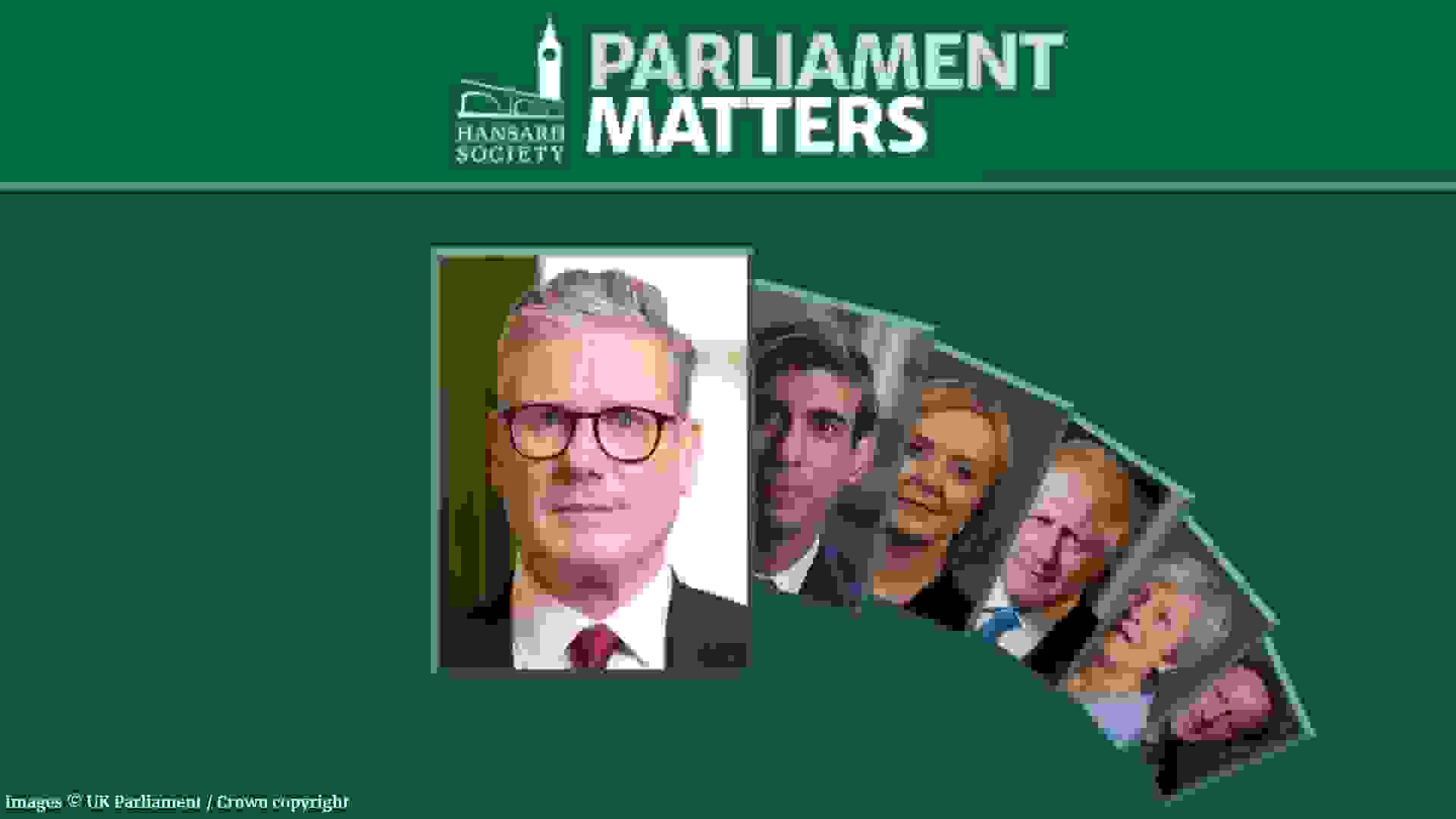Why can’t MPs simply resign, and why does leaving the House of Commons still involve a medieval-sounding detour via the Chiltern Hundreds or its less glamorous cousin the Manor of Northstead? This week we unravel the history, constitutional logic and legal fudges behind this curious workaround, with some memorable resignations from the past along the way. We also assess the Government’s legislative programme as the Session heads toward its expected May close, including the striking lack of bills published for pre-legislative scrutiny. Finally, as Parliament begins the five-yearly process of renewing consent for the UK’s armed forces, we examine why an Armed Forces Bill is required and hear from Jayne Kirkham MP on how her Ten Minute Rule Bill helped extend the new Armed Forces Commissioner’s oversight to the Royal Fleet Auxiliary. Listen and subscribe: Apple Podcasts · Spotify · Acast · YouTube · Other apps · RSS








